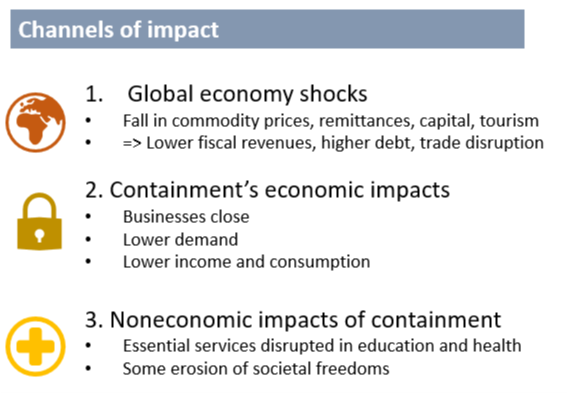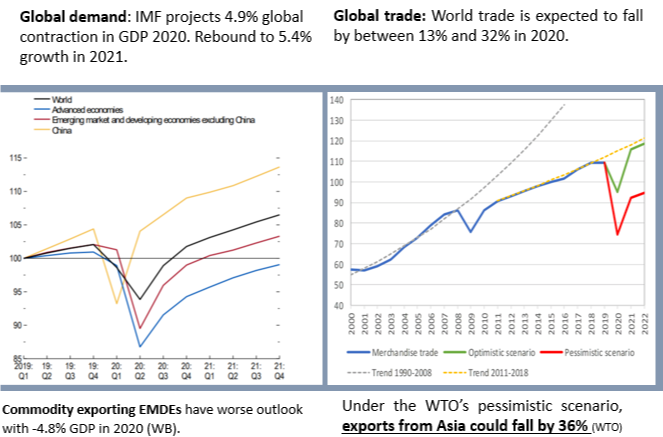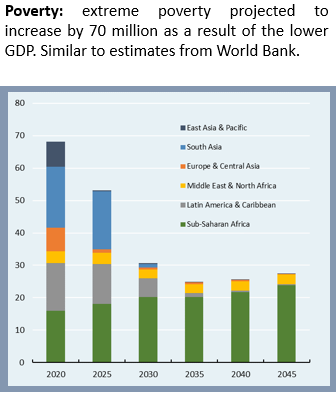
I agree that political economy and the willingness of elites to allow reform is important for growth (who could disagree), but I find it less useful to compare political economy as a driver of growth to aid as the media loves to do. Thread 1/n
theguardian.com/global-develop…
theguardian.com/global-develop…
Aid is, after all, very small compared to investment flows, remittances, and importantly spending by LIC governments and residents. The exceptions (such as Afghanistan) are exceptions for a reason. We keep putting money in b/c they failed. We stop when countries succeed. 2/n
But more importantly, most of aid is designed to make peoples' lives better until a country has higher living standards that can support and fund strong education, health, gender and poverty reduction policies. And there is evidence to suggest it can & does make a difference 3/n
Aid does not work everywhere all the time--public investments are never 100% full proof. But when it works the returns can be spectacular. If all aid everywhere had done nothing other than eradicate smallpox it would still be a good return 4/n
More recently, my work with Casey @tedmiguel & Voors shows villages in post war #SierraLeone that (randomly) received aid are economically better off, have more & better public goods, and (marginally) better institutions 11 years later. nber.org/papers/w29079
5/n
5/n
Its easy to dismiss these type of gains as "marginal" compared to the sweeping changes that take place when a country undergoes the type of economic transformation which South Korea or China has seen. But these are real and important impacts for those involved 6/n
We need to get away from a framing that aid has failed if a country does not quickly become rich, peaceful and successful. The real test is are people better off than they would have been without it. Once we have a reasonable benchmark we can start properly evaluating aid 7/n
Plus there is good reason to think that the investments aid is good at like improving education and health do in fact form the basis for growth in the longer term. More educated people earn more, are more productive, are more active in politics, have fewer healthier children 8/n
In other words, improvements in education and health can help build the conditions for a wider deeper economic transformation. Its long, slow, hard work, but so it was for the US, UK and Europe. Why would we expect it to be any different elsewhere? 9/n
I dont think there is much evidence to support the proposition that aid can only be effective in countries where the elite support a development bargain. Vaccines have saved lives everywhere, aid improved education in Afghanistan & Kenya and incomes in Sierra Leone. 10/n
Aid only "fails" in countries without a development bargain where "failure" is defined as not achieving dramatic poverty reduction and growth. 11/n
To be clear, I its important that academics & policy makers work on why & how countries transform & when elites have an incentive to promote reform vs suppress it. Aid workers should understand these dynamics. But aid is not a failure if its less influential than pol econ 12/12
• • •
Missing some Tweet in this thread? You can try to
force a refresh








